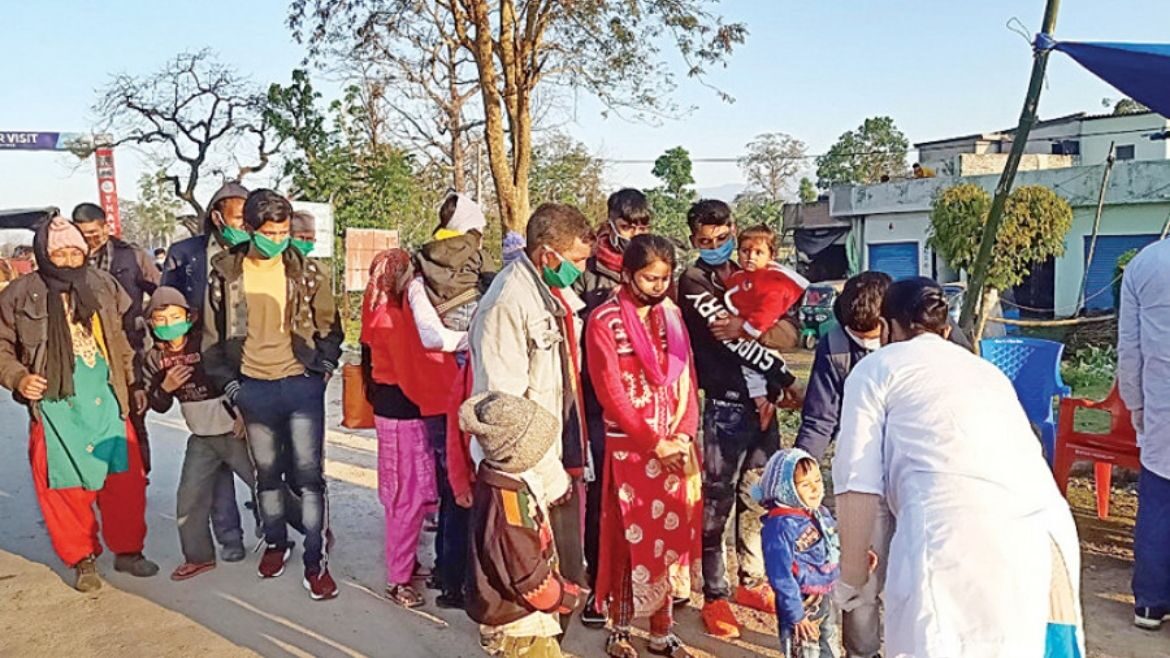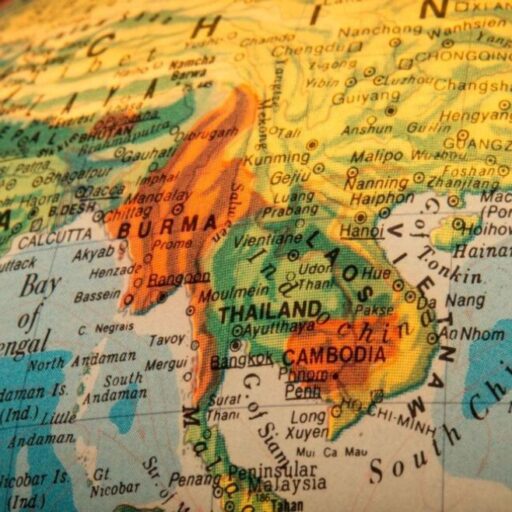Quite often, in the study of international politics, the need for open borders is advanced as an objective that many nation-states should aspire for. However, the experience of India–Nepal bilateral relationship demonstrates that open borders do periodically generate anxieties. Such anxieties have often propelled the demands to have a semi-closed or even an entirely closed border between India and Nepal. This chapter maps the evolution of as well as debates on the open borders. The chapter outlines how the onset of the COVID-19 pandemic has resulted in economic crises, enhanced the need for migration and governmental response of creating regulatory frameworks to limit movement of people. At a larger level, while the pandemic is primarily a global health crisis, it has also resulted in various political consequences that emanate from enforcing regulations on movement of people. Hence, the impact of the pandemic will not be confined to the health sector but will also have political implications. One such implication has been the emergence of new measures to control the movement of people between India and Nepal. While such measures have been termed as temporary, it is still uncertain if they will become the new normal.




